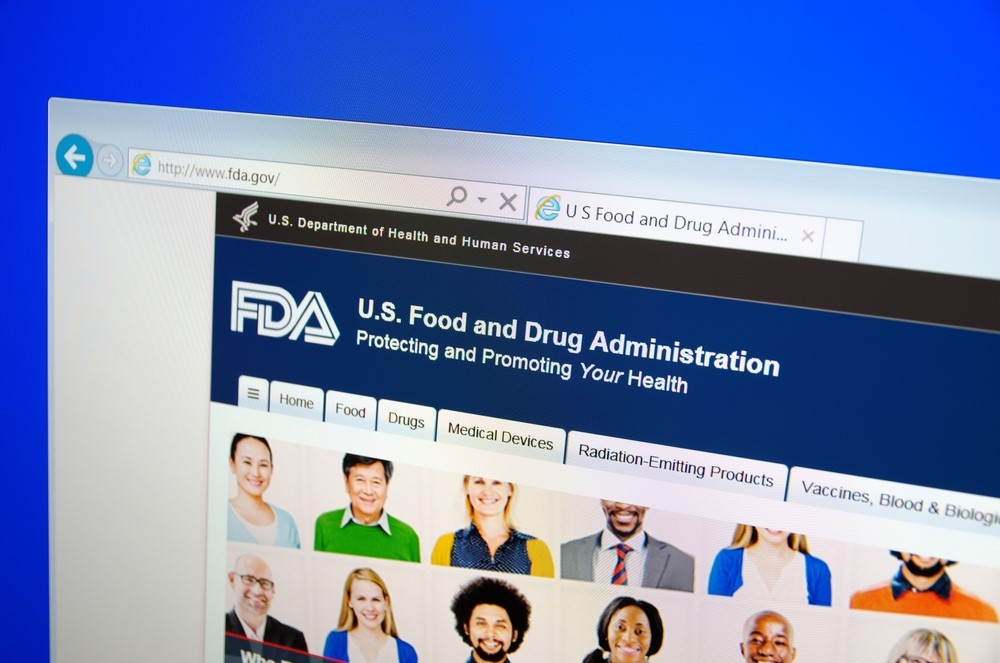Oct. 19, 2018 — The FDA’s Office of Prescription Drug Promotion (OPDP) issued two enforcement actions in less than a week that focused on alleged safety and risk information infractions for products with Boxed Warnings; both matters were brought to the agency’s attention through OPDP’s Bad Ad program.
“These letters are significant not because they break new policy ground,” said Coalition for Healthcare Communication Executive Director Jon Bigelow, “but because they demonstrate that OPDP enforcement is still a major risk for the industry, especially for products that carry a black box warning.”
When asked this week at the Food and Drug Law Institute Advertising and Promotion Conference about the significance of the decrease in number of Warning Letters, OPDP Director Thomas Abrams said his office gives priority to the situations it believes will have the greatest negative impact on public health, and that more letters will be issued in 2018 than in 2017. He suggests the industry should not focus on the number of letters, as they represent only one aspect of overall policy enforcement, along with guidances and advisory comments on draft promotional materials.
An Oct. 5 Warning Letter to Mannkind Corp. states that a post on the company’s Facebook page for Afrezza® makes false or misleading claims and/or representations about the risks associated with Afrezza by suggesting that there are no safety concerns associated with the use of the drug, which is a rapid-acting inhaled insulin indicated to improve glycemic control in adult patients with diabetes mellitus, and has several limitations of use. Afrezza is associated with a number of serious risks, according to OPDP, and its PI contains a Box Warning.
The Facebook post “suggests that there are no risks associated with the use of the drug,” OPDP states in the Warning Letter. “Specifically … the post claims that ‘Afrezza Inhalation Powder’ ‘will help your body work its best and protect you from health implications’ with ‘no drama,’ when this may not be the case.” Although there is information about risk in a pop-up box, “presenting risk information … in this manner does not mitigate the misleading impression from the claims in the post,” the letter states.
An Oct. 11 Untitled Letter to Eisai Inc. alleges that a complaint to the OPDP Bad Ad Program called out an Eisai sales representative for making statements to healthcare professionals regarding Fycompa®. According to the complaint report, the sales representative made statements “that provide evidence that Fycompa is intended for new uses for which it lacks approval, and for which its labeling does not provide adequate directions for use.”
Additionally, the representative’s statements are false and misleading “because they minimize the serious risks associated with Fycompa [indicated for the treatment of partial-onset seizures in epilepsy patients], which bears a Boxed Warning due to serious, life-threatening risks, including psychiatric and behavioral reactions, as well as numerous warnings.”
Specifically, “while the sales representative acknowledged the Boxed Warning risk of homicidal ideations and aggressive behavior, the representative downplayed these risks by suggesting the healthcare professionals should not worry about it,” the Untitled Letter states.
The Warning Letter to Mannkind “is a good reminder of existing policy that that disclosure information has to be on the facing page of an ad and that there is no exception for internet and social media,” Bigelow pointed out.
“The Untitled letter to Eisai is a little more interesting in that it cites the company for allegedly misleading statements made by a detail person that included statements about an off-label use,” he said. “This is standard FDA policy, but OPDP has issued few off-label enforcement letters for some time, likely because of First Amendment concerns.”




